There once was a time when I attended college to become an illustrator, then when that intention didn’t pan out, a printmaker. Warning, if you were hoping to read about the illustrious career I had as an artist of which I abandoned to fulfill my calling as a librarian, perhaps, best stop reading now. That said, being creative and making art seems to have been a part of my life since before I can recall. From pouring over my mother's art history books as a child to drawing at my drafting desk as an adult, it was something I always enjoyed. However, in the days since college, my creative output has become a pale shadow to what it once was. In recent years, I have spent significant effort looking into creative block and this journey is what brought me to discover Find Your Artistic Voice: The Essential Guide to Working Your Creative Magic by Lisa Congdon.
Lisa Congdon is a self taught artist, who resides in Portland, Oregon, and discovered her creative path during her early thirties. With a couple of decades experience now under her belt, she has cultivated a thriving career as a self made artist, published author, and public speaker. It's apparent from Congdon’s Instagram, as well as Find Your Artistic Voice, that she is open about her artistic journey and the struggles that she faces, even now, as a working artist. Personally, I find this transparency refreshing on a social media platform that seems to be fueled by aesthetics and perfection.
So, what the heck is an artistic voice anyway? Or why does having one even matter? Lisa Congdon defines an artistic voice as such:
It reflects your unique perspective, life experience, identity, and values, and it is a reflection of what matters to you. Ultimately, it’s what makes your work yours, what sets your work apart, and what makes it different from everyone else’s--even from artists whose work is similar. Your voice is formed over time through continuous experimentation and intentional practice, and from following spurts of inspiration and intuition down long paths of development.
She explains further that your artistic voice is comprised of the following major elements: style, skill, subject matter, medium, and consistency. That by honing these elements, one can discover their true voice that is unique to them and this voice, this story, matters.
Among Congdon's wisdom are eleven interviews with fellow working artists that offer their interpretations of what an artist’s voice means for them. Not only a great way to hear different viewpoints from diverse backgrounds and artistic mediums, yet an excellent way to discover new artists as well. Among these voices is Andy J. Miller (a.k.a. Andy J. Pizza), an illustrator and the brains behind the Creative Pep Talk podcast. His appearance in Find Your Artistic Voice was circuitous as it was his podcast that re-invigorated my interest in Lisa Congdon’s work, thus, leading me to the knowledge of this book's existence. I also can't recommend the Creative Pep Talk podcast enough. It's host to a bevy of wisdom (relayed enthusiastically!) concerning issues working artists can face, via interviews with creatives from various fields, alongside Miller’s own musings about his professional experience. What makes it brilliant is the advice is not solely for artists and can be applied to any creative aspect, such as: cooking, writing, music, etc. It literally will pep you up!
Throughout my reading of Find Your Artistic Voice were numerous moments where it seemed as if Congdon's words spoke directly to my personal experience or provided a new perspective not yet considered. Her words felt like consolation from someone that has genuinely found themselves in the same predicament and knows you’ll see the other side of it. She walks you through situations that can make, or break a creative flow, from working with fear to practicing mindfulness. (At one point, Congdon suggests going out to support other artists and learn from artists in your community, a subject that fellow LPL librarian, Jill, has eloquently written.) Since finishing this book, I have been taking Congdon's advice to heart and can say things seem to be improving so far. And be sure to set your calendars for October 17th as Lisa Congdon will be speaking at the Epperson Auditorium on the Kansas City Art Institute campus.
-Ilka Iwanczuk is a Readers' Services Assistant at Lawrence Public Library.
More books related to working through creative block, or art block, can be found below:


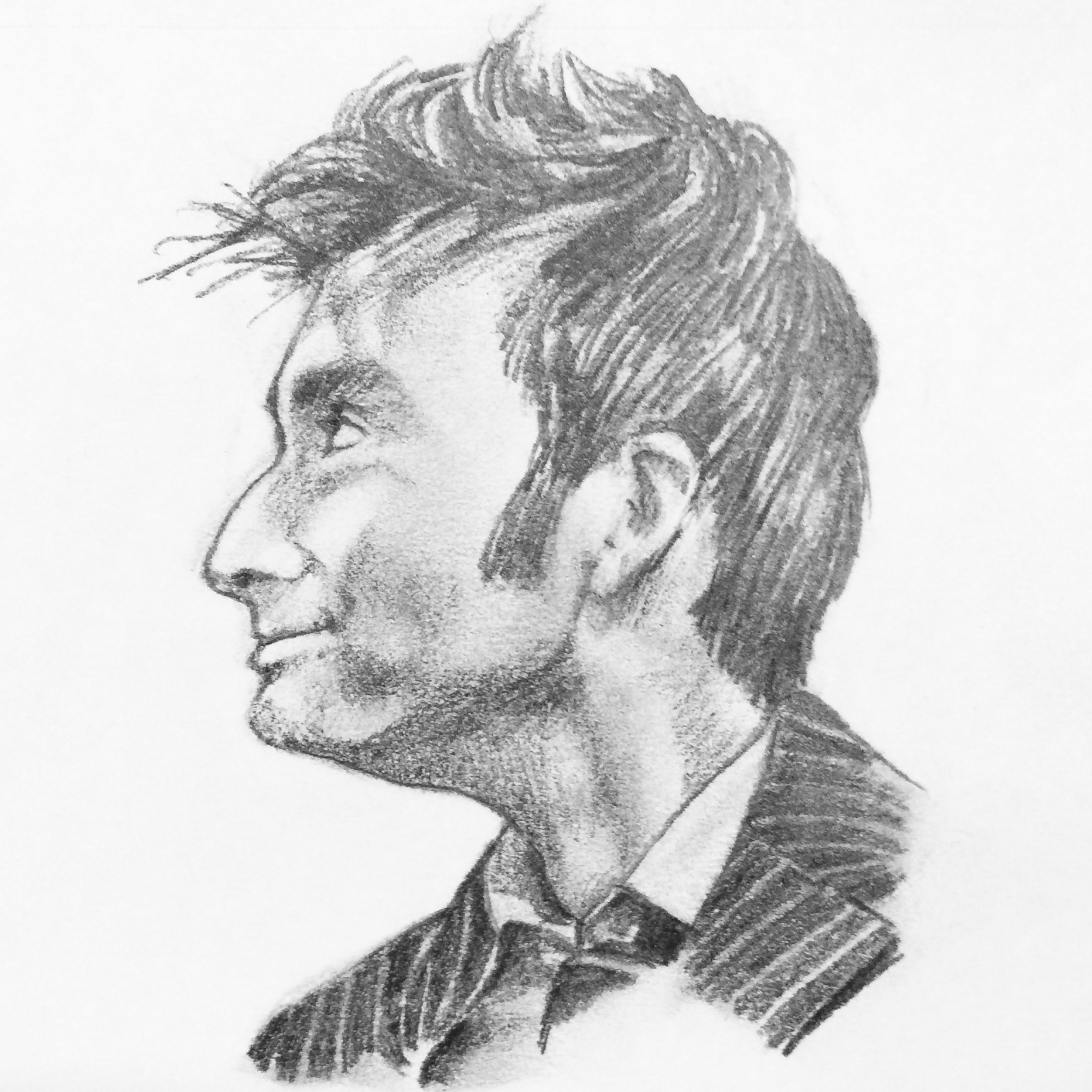

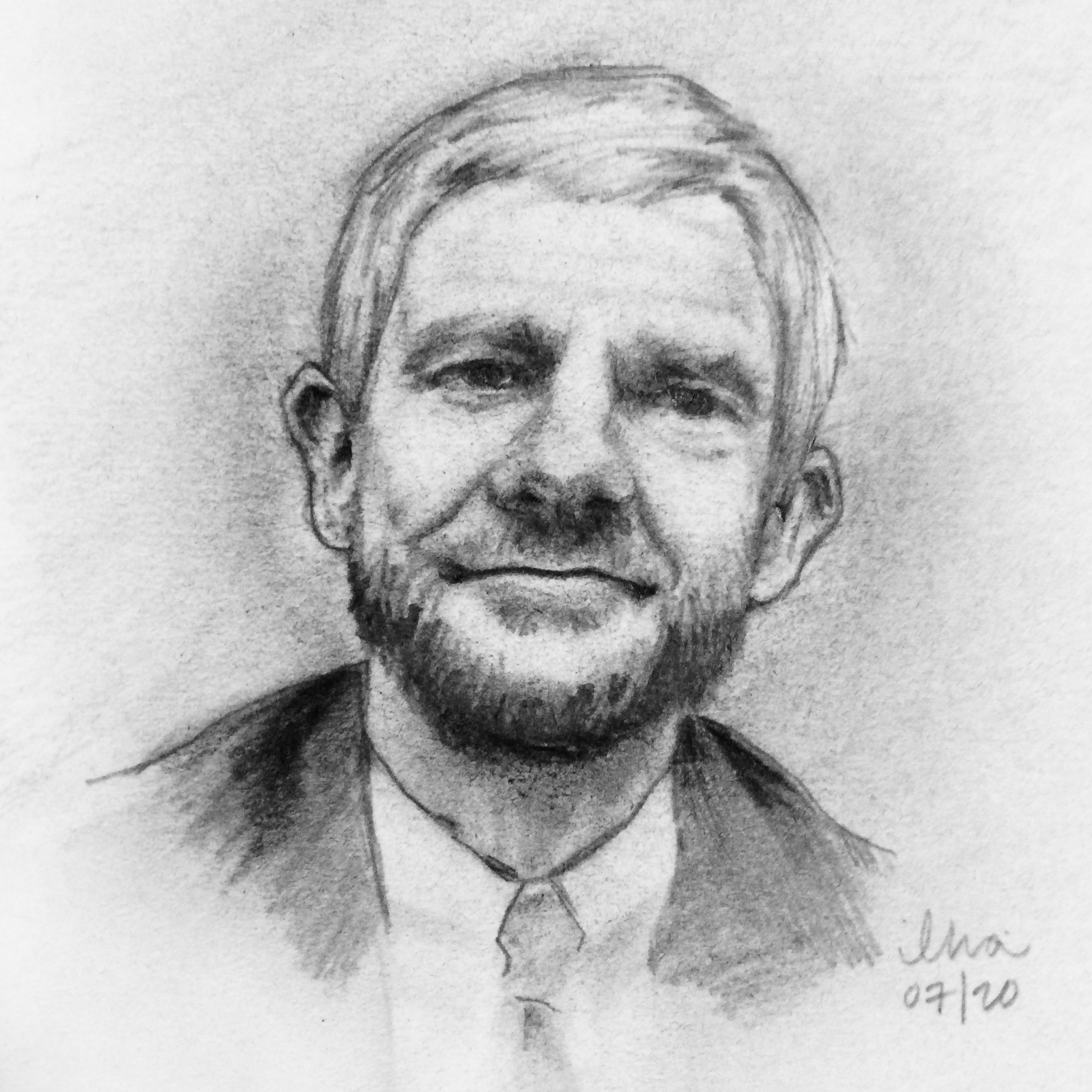
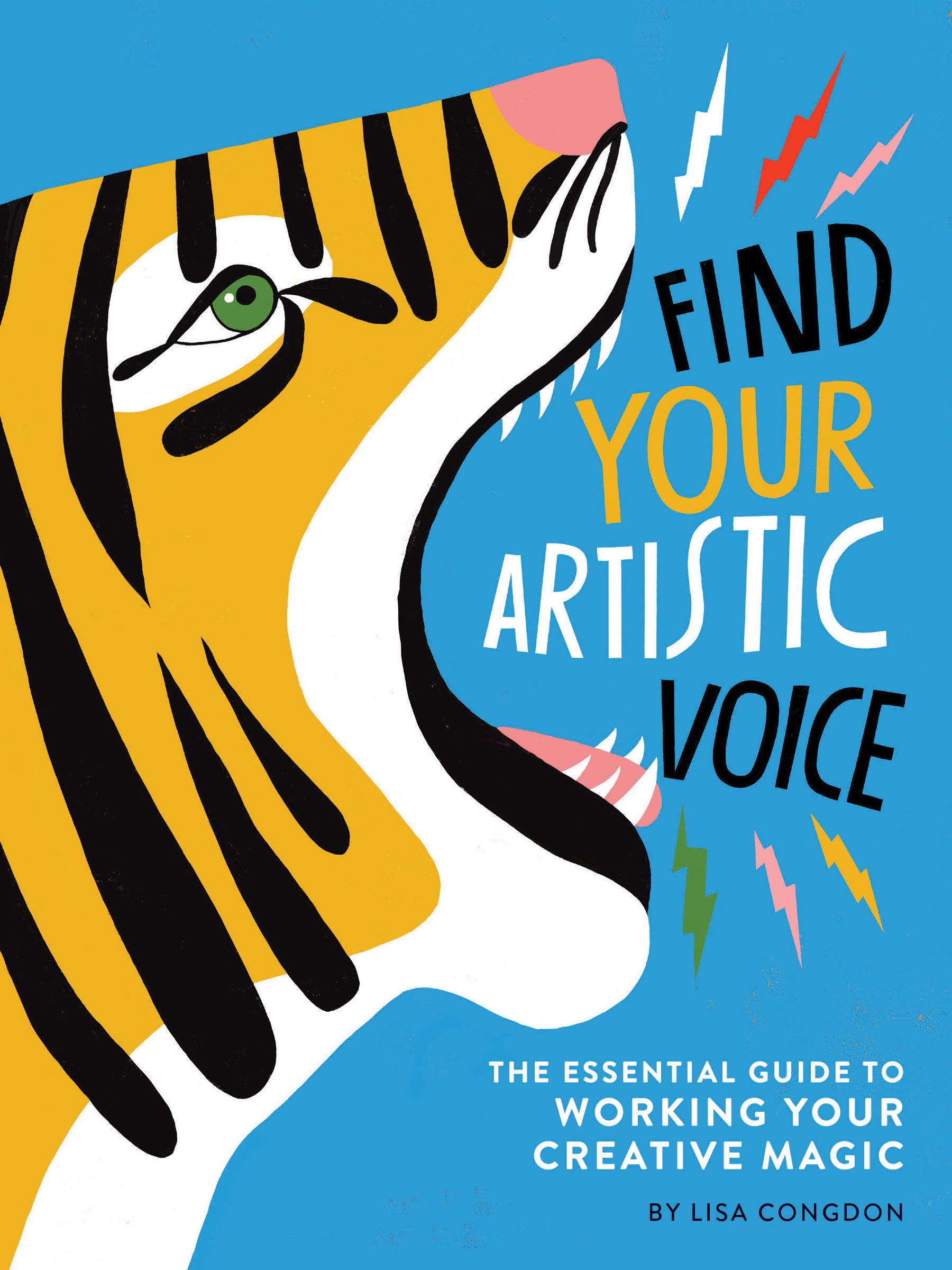
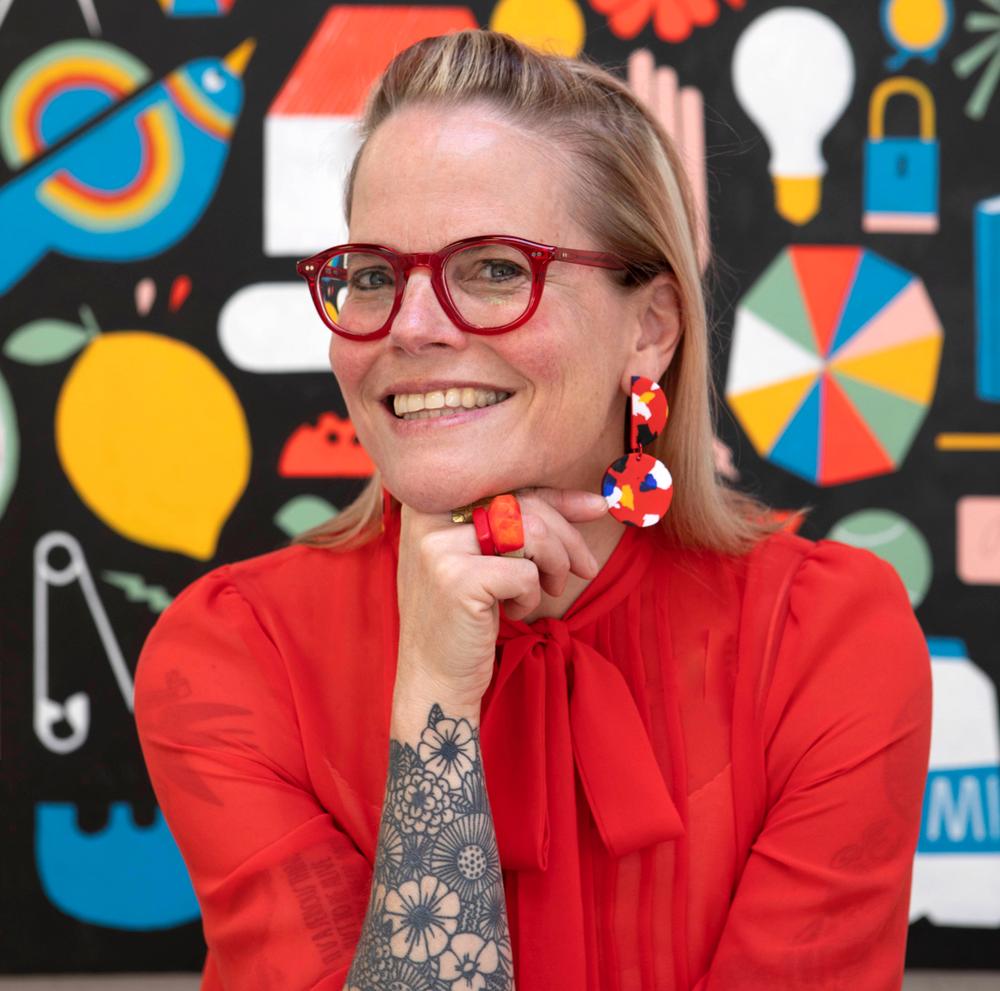
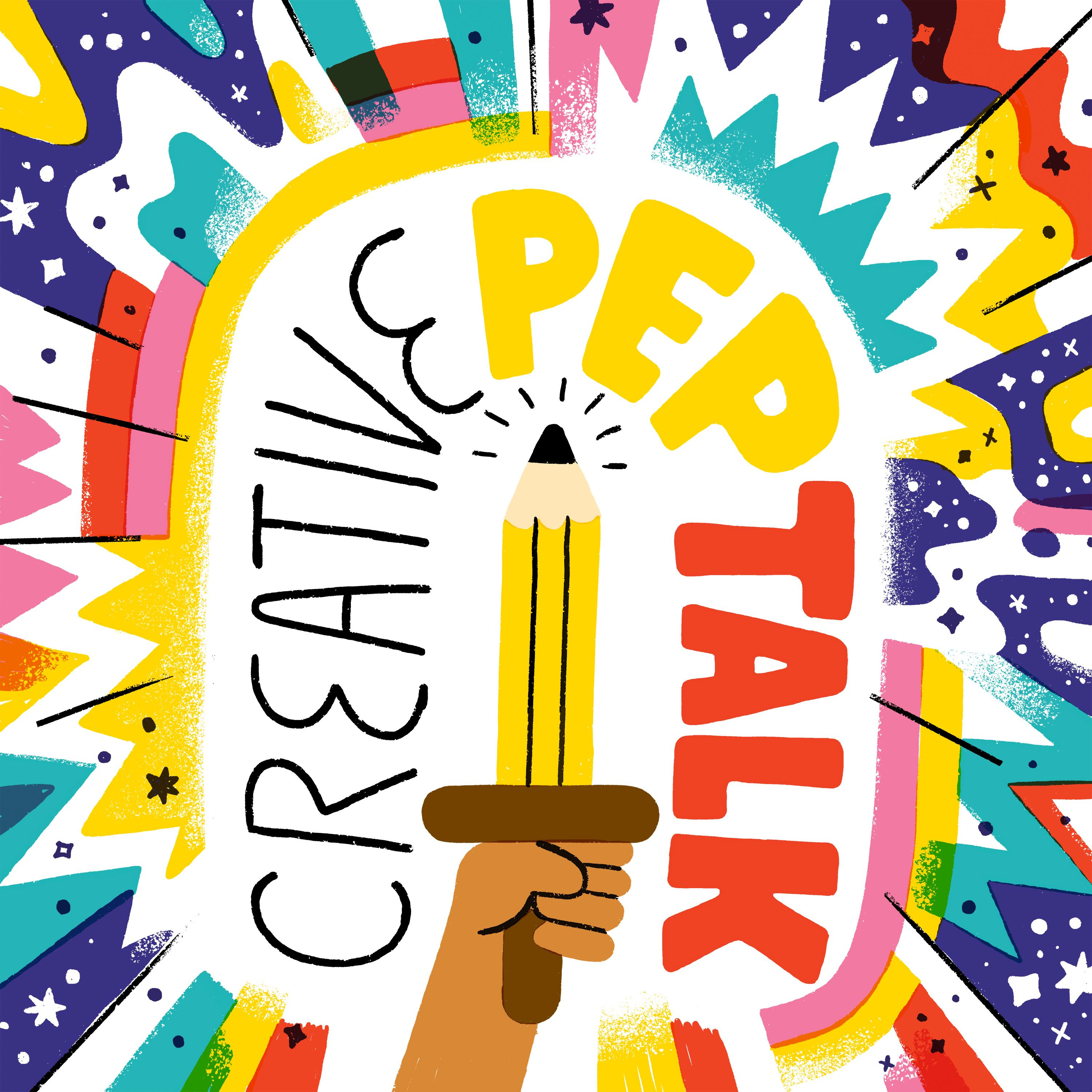

Add a comment to: Find Your Artistic Voice with Artist Lisa Congdon